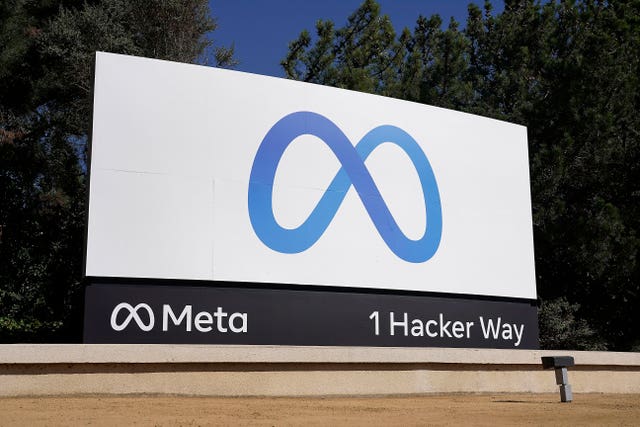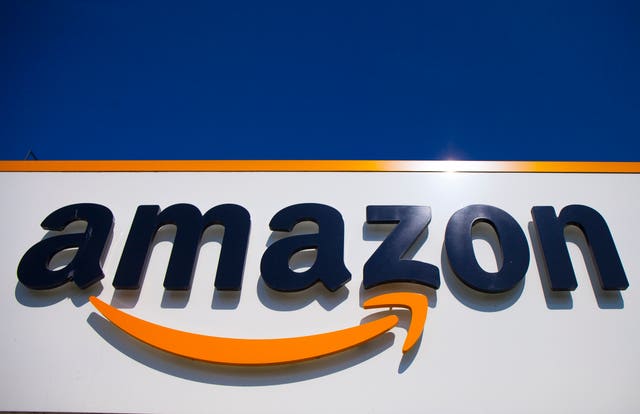Amazon, Google, Meta, Microsoft and other companies leading the development of artificial intelligence (AI) technology have agreed to meet a set of safeguards brokered by US President Joe Biden’s administration.
The White House said it has secured voluntary commitments from seven American companies meant to ensure their AI products are safe before they release them.
Some of the commitments call for third-party oversight of the workings of commercial AI systems, though they do not detail who will audit the technology or hold the companies accountable.
A surge of commercial investment in generative AI tools that can write convincingly human-like text and churn out new images and other media has elicited public fascination as well as concern about their ability to trick people and spread disinformation, among other dangers.
The four tech giants, along with ChatGPT-maker OpenAI and start-ups Anthropic and Inflection, have committed to security testing “carried out in part by independent experts” to guard against major risks, such as to biosecurity and cybersecurity, the White House said in a statement.

The companies have also committed to methods for reporting vulnerabilities to their systems and to using digital watermarking to help distinguish between real and AI-generated images known as deepfakes.
They will also publicly report flaws and risks in their technology, including effects on fairness and bias, the White House said.
The voluntary commitments are meant to be an immediate way of addressing risks ahead of a longer-term push to get US congress to pass laws regulating the technology.
Some advocates for AI regulations said Mr Biden’s move is a start, but more needs to be done to hold the companies and their products accountable.
“A closed-door deliberation with corporate actors resulting in voluntary safeguards isn’t enough,” said Amba Kak, executive director of the AI Now Institute.
“We need a much more wide-ranging public deliberation, and that’s going to bring up issues that companies almost certainly won’t voluntarily commit to because it would lead to substantively different results, ones that may more directly impact their business models.”
James Steyer, founder and CEO of the non-profit Common Sense Media, said: “History would indicate that many tech companies do not actually walk the walk on a voluntary pledge to act responsibly and support strong regulations.”
US senate majority leader Chuck Schumer has said he will introduce legislation to regulate AI.
He has held a number of briefings with government officials to educate senators about an issue that has attracted bipartisan interest.

A number of technology executives have called for regulation, and several went to the White House in May to speak with Mr Biden, vice president Kamala Harris and other officials.
But some experts and upstart competitors worry that the type of regulation being floated could be a boon for deep-pocketed first-movers led by OpenAI, Google and Microsoft as smaller players are elbowed out by the high cost of making their AI systems known as large language models adhere to regulatory strictures.
The software trade group BSA, which includes Microsoft as a member, said it welcomed the Biden administration’s efforts to set rules for high-risk AI systems.
“Enterprise software companies look forward to working with the administration and congress to enact legislation that addresses the risks associated with artificial intelligence and promote its benefits,” the group said in a statement.
A number of countries have been looking at ways to regulate AI, including European Union legislators who have been negotiating sweeping AI rules for the 27-nation bloc.
UN Secretary-General Antonio Guterres recently said the United Nations is “the ideal place” to adopt global standards and appointed a board that will report back on options for global AI governance by the end of the year.
The United Nations chief also said he welcomed calls from some countries for the creation of a new UN body to support global efforts to govern AI, inspired by such models as the International Atomic Energy Agency or the Intergovernmental Panel on Climate Change.
The White House said it has already consulted on the voluntary commitments with a number of countries.
Microsoft president Brad Smith said in a blog post on Friday that his company is making some commitments that go beyond the White House pledge, including support for regulation that would create a “licensing regime for highly capable models”.





Comments: Our rules
We want our comments to be a lively and valuable part of our community - a place where readers can debate and engage with the most important local issues. The ability to comment on our stories is a privilege, not a right, however, and that privilege may be withdrawn if it is abused or misused.
Please report any comments that break our rules.
Read the rules here